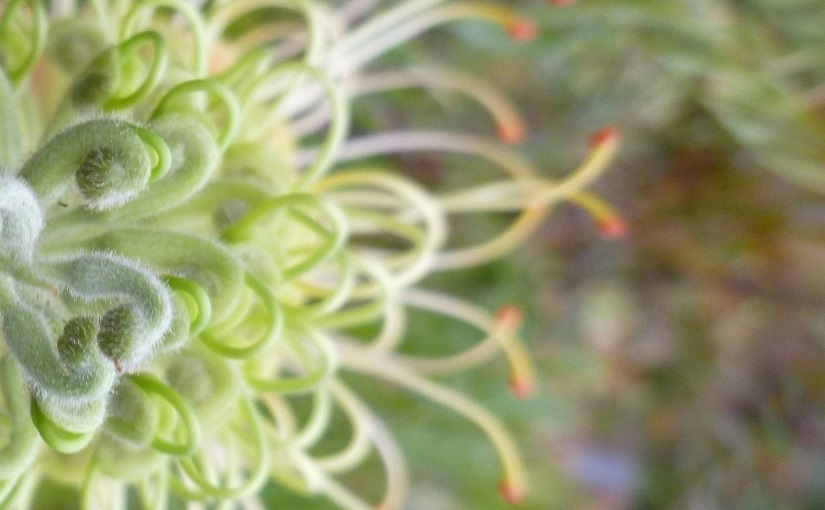Often it seems the idea of loving yourself is either an ego trip or a marketing ploy, some sorted of twisted narrative that’s underselling or overstating the importance of our personal existence for some reason. As if there’s no balanced, realistic middle ground of simple respect, care and concern that’s underpinning our lives – no undercurrent of fundamental self-worth guiding us.
Of course, it comes up when things drift more noticeably out of balance: when someone’s life begins to show the marks of a lack of self-esteem to the extent that their behaviour becomes damaging to themselves or others. At that point friends, family or professionals may well step in and ask questions about why an individual isn’t acting in their own best interests.
But, up to that point, it seems there’s so much leeway for people to drift off track and act in ways that aren’t really loving of themselves. All those subtle and not so subtle ways we might undermine our own worth through communication patterns, life choices, relationships, attitudes to health or mental well-being, and so on. The countless ways we might be undervaluing ourselves now or storing up problems for ourselves later.
There are so many ways we can be careless about our own value: accepting being treated poorly; not articulating how we truly feel; treating ourselves badly in terms of our physical, emotional, professional, psychological health. Whatever it is ‘we’ need in order to be happy or fulfilled, we can neglect it or punish ourselves by ignoring or exacerbating problems. Methods people turn against themselves can be astonishingly varied.
In that light, it seems that love of self might be essential in providing that foundation of care, respect and mutual concern on which our social relationships are all built (Notes One). That this might simply be about creating a solid base from which to operate: a basic requirement that strengthens us and our boundaries, creating the conditions for relating ethically to the world.
Because, if we don’t love ourselves, I’d imagine everything around us is affected? Relationships might become places we seek to feel better about ourselves and sure up the psychological wholeness we lack; or, places for punishing and controlling others for the same reasons. If we’re not acting caringly toward ourselves or our environment, then presumably others will feel it or have to pick up the pieces somehow?
People who feel whole, valued, and that they belong – that their presence, contributions, and very nature are appreciated – seem unlikely to hurt others or the collective systems we’re all living within. Love of self surely links straight into love of others? That idea of us all being worthy of love, respect, dignity, consideration, and concern. A warm undertone to our lives that’s sorely needed if things are to run smoothly (Notes Two).
Perhaps love is simply a firm centre from which to act? Something essential that shouldn’t be taken or toyed with, as it might well be the ground that’s holding all of our lives together.
Notes and References:
Note 1: The idea of self reliance
Note 1: How we feel about society
Note 1: “The Measure of a Man”
Note 1: In the deep end…
Note 2: Living as an open wound
Note 2: Seeing, knowing and loving
Note 2: The dignity & power of a human life
Note 2: Beauty in unexpected places
Related to this, ideas of what life might be were explored in Finding flaws and The power of understanding.

